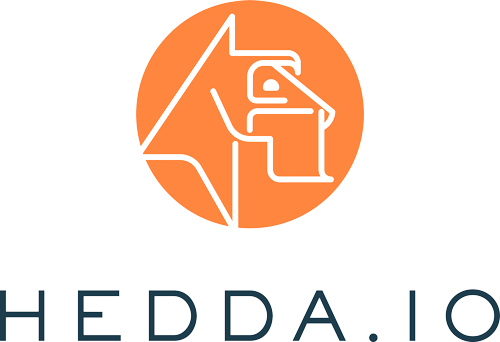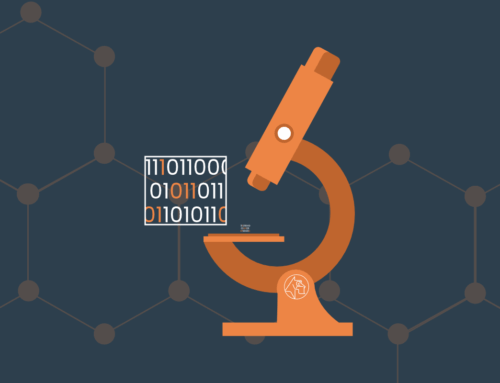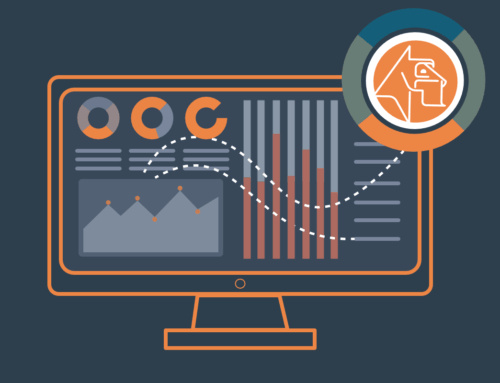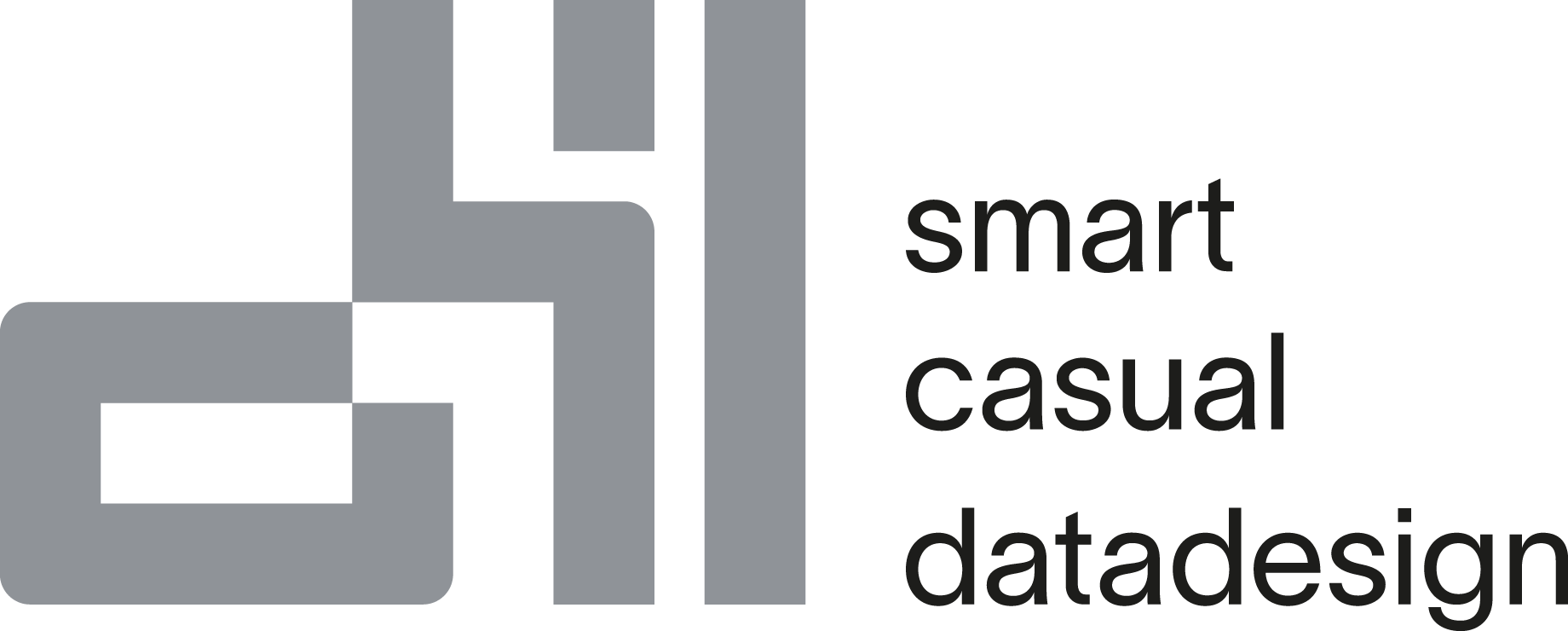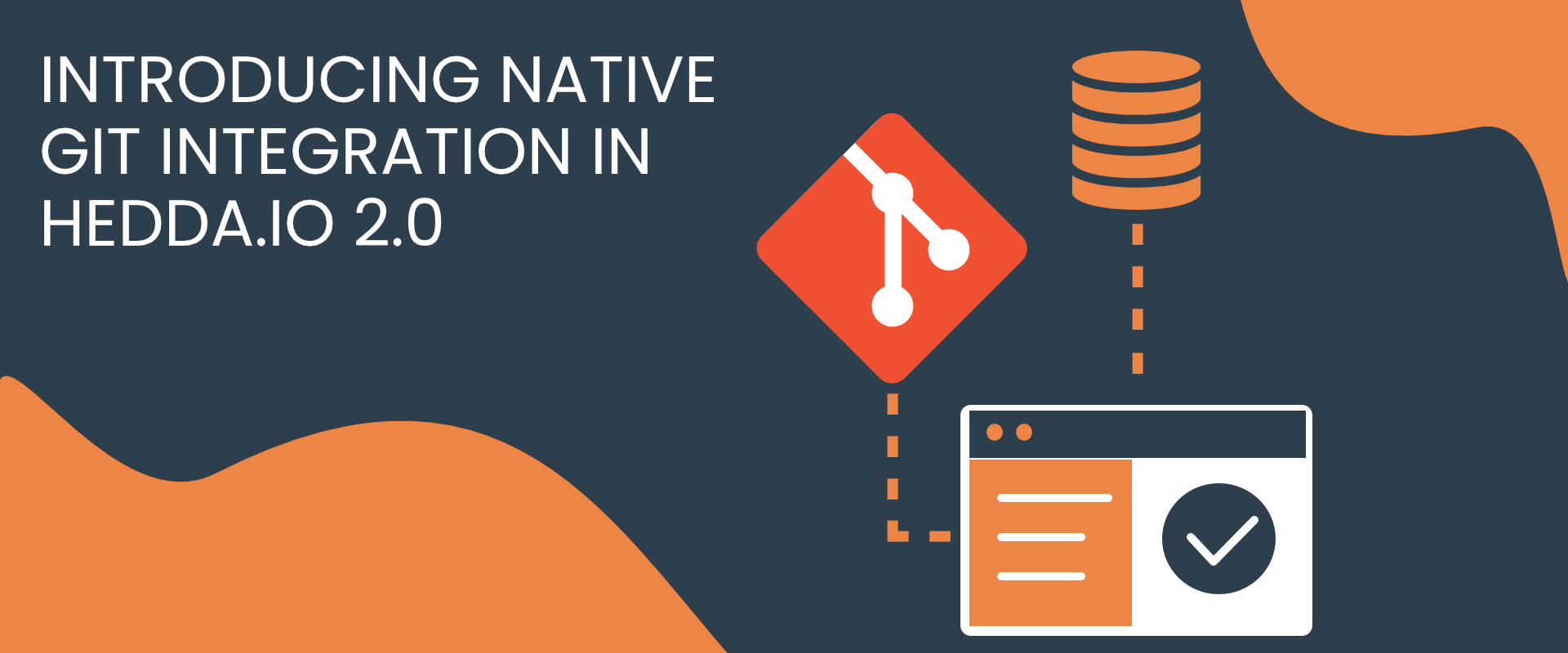
Introducing Native Git Integration in HEDDA.IO 2.0
A New Era of Collaboration, Control, and CI/CD for Knowledge Bases
With HEDDA.IO 2.0, we are proud to introduce full Git-based integration for project storage and versioning — unlocking a completely new level of flexibility, automation, and collaboration for our users.
Until now, HEDDA.IO stored all project content in a centrally managed Azure SQL Database. With version 2.0, you can now choose Git repositories as a native storage backend for your Knowledge Bases — while still supporting the original database-based projects for compatibility.
This opens the door to modern DevOps workflows, full control over changes, and seamless integration into existing source control strategies.
Works with Your Git System
Whether you’re using Azure DevOps, GitHub, GitLab, Gitea, or any other platform that adheres to the standard Git protocol, HEDDA.IO works out of the box. Simply configure your repository once — and you’re ready to version, sync, and deploy.
Environment-Aware Git Branching
One of the most powerful features introduced with this release is the concept of a Linked Environment Branch.
In every Git-based project configuration, you can now define one dedicated branch to serve as the Linked Environment Branch. This branch represents the active version of the Knowledge Base for a given environment (e.g., Development, QA, or Production) and enables true environment-specific pipelines.
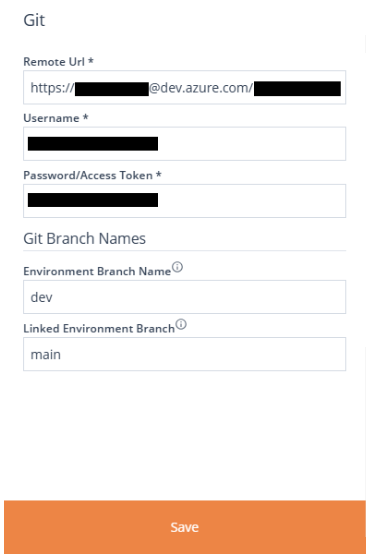
This setup allows for seamless CI/CD-style validation and deployment workflows by mapping each HEDDA.IO environment to a corresponding branch in your Git repository.
Once configured, changes made in one environment can be promoted via Git merges into the respective branches for QA or Production — enabling clean, testable, and reproducible deployments across your release pipeline.
Linked branches are synchronized at runtime, ensuring that each environment reflects the exact state of the corresponding Git branch.
Scalable Across All HEDDA.IO Topologies
This structure is designed to work both in single-instance setups (where all environments live inside one HEDDA.IO deployment) and in multi-environment enterprise scenarios involving multiple, isolated HEDDA.IO environments per stage.
This makes it possible to scale from small teams to complex corporate setups without losing consistency or control.
Smart Connection Mapping Across Environments
Because connections are environment-specific and not part of the Git-managed logic, HEDDA.IO automatically detects and highlights missing connections during sync. A user-friendly dialog provides a clear overview and lets you reassign local connection objects quickly and securely.

This ensures that Knowledge Bases remain portable across environments, while maintaining data access control at the environment level.
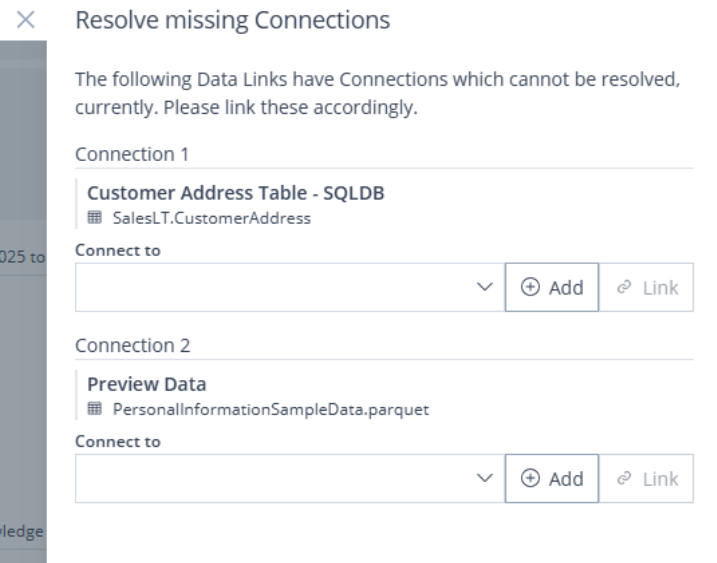
True Multi-Version Editing
One of the biggest limitations in earlier versions of HEDDA.IO was that users could only work on a single Edit Version at a time. With Git integration, that limitation is gone.
You can now create, manage, and switch between multiple Edit Versions freely — each corresponding to its own Git branch or commit context.
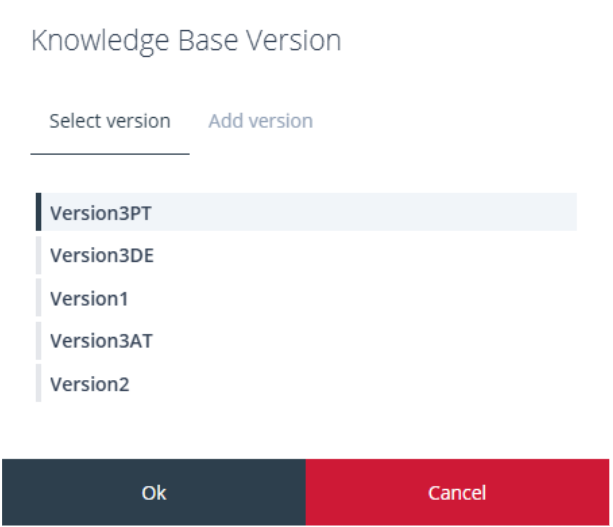
This empowers teams to work on parallel tasks or features without blocking one another, while preserving the integrity of the mainline Knowledge Base.
Automated Merging with Manual Git Fallback
When edits are completed, HEDDA.IO attempts to automatically merge them into the Linked Environment Branch.
If conflicts are too complex to resolve automatically, you can fall back to standard Git merge commands, giving you full transparency and control over the result — nothing gets lost.
This hybrid approach combines the convenience of automation with the safety of manual intervention where needed.
Version-Aware Testing with Runners
The latest PyRunner and .NET Runner releases — included with HEDDA.IO 2.0 — now fully support named Edit Versions. That means you can:
- Directly reference and test a specific version of a Knowledge Base
- Perform branch-based validations for any environment
- Integrate your runners into automated pipelines or local test environments
Whether you’re preparing a staging release or experimenting with new rules, you now have the freedom to test exactly the version you need.
Summary: Git Meets Metadata Validation
With this release, Git is no longer just a place to store your code — it’s an integral part of your validation logic.
You gain:
- Full history tracking
- Environment-based branching
- Seamless CI/CD alignment
- Multi-version editing
- Streamlined test and deployment flows
- Enhanced collaboration for data and business teams alike
Whether you’re a data engineer, business analyst, or platform architect, the new Git-based integration gives you the tools to version, validate, and release Knowledge Bases like never before — securely, scalably, and on your terms.
Ready to experience the future of metadata-driven development?
Update to HEDDA.IO 2.0 and bring Git-native workflows to your knowledge infrastructure today.
